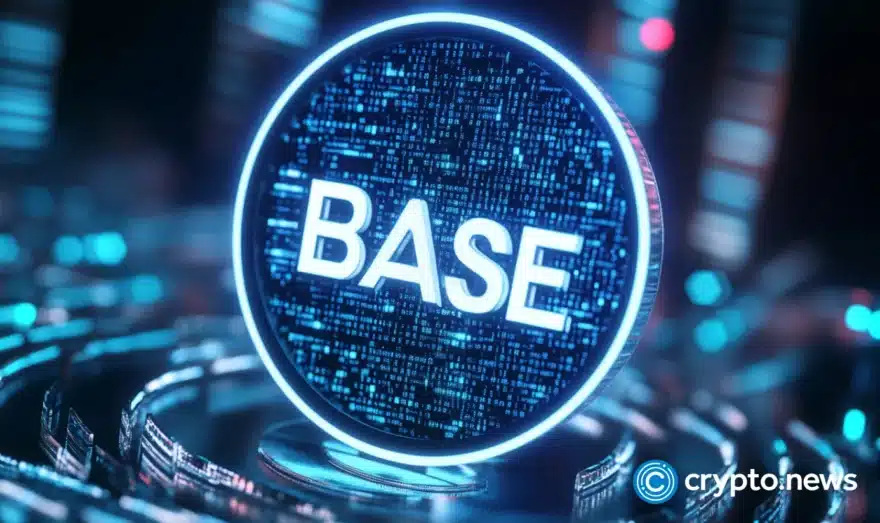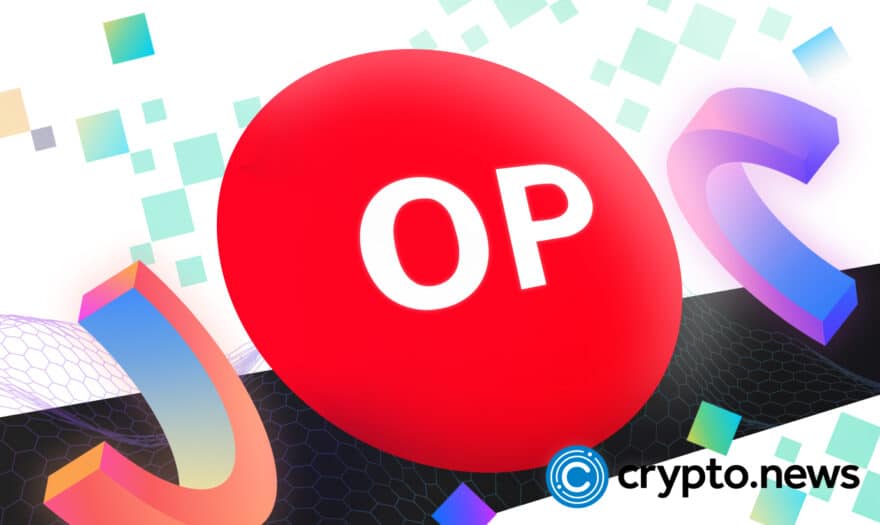WalletConnect rebrands to Reown, introduces WCT utility token

WalletConnect has unveiled its native token, named Connect Token, as part of its rebranding efforts.
WalletConnect, known for its connectivity protocol for decentralized applications, has announced a major rebranding and the introduction of its native token, Connect Token (WCT) in a move to transition to a decentralized model.
In a blog announcement on Sept. 16, WalletConnect Inc., now rebranded as Reown, detailed that its token will serve multiple functions, including enabling network governance, rewarding participants, and supporting staking mechanisms.
“WCT holders may propose, discuss, and decide upon the introduction of fees through governance mechanisms as a long-term economic model of the network. These would be used, for example, by projects to pay for network services like relay usage.”
Reown
The rebranding to Reown and the introduction of WCT are part of WalletConnect’s broader decentralization strategy, which began in 2023 with an upgrade to version 2 of its protocol and the addition of several node operators. The Connect Token will be launched on Optimism‘s OP mainnet, with 18.5% of its initial supply allocated for airdrops. Registration for these airdrops is set to open on Sept. 24, with further details to be released soon.
The initial supply of WCT is capped at 1 billion tokens, with allocations including 7% for core development, 17.5% for rewards, 18.5% for airdrops, 18.5% for the team, 11.5% for early backers, and 27% for the WalletConnect Foundation. The tokenomics model currently does not include inflation mechanisms as the current version is “intended to focus on utilizing existing token allocations and fee structures to support network operations and incentivize participation,” Reown says.
WCT will enter its first release cycle in 2024, with transferability features planned for a later date. Until then, token holders can engage in network governance and staking, but cannot transfer tokens between wallets. The WalletConnect Foundation will facilitate community discussions to determine the timeline for enabling transferability.
















